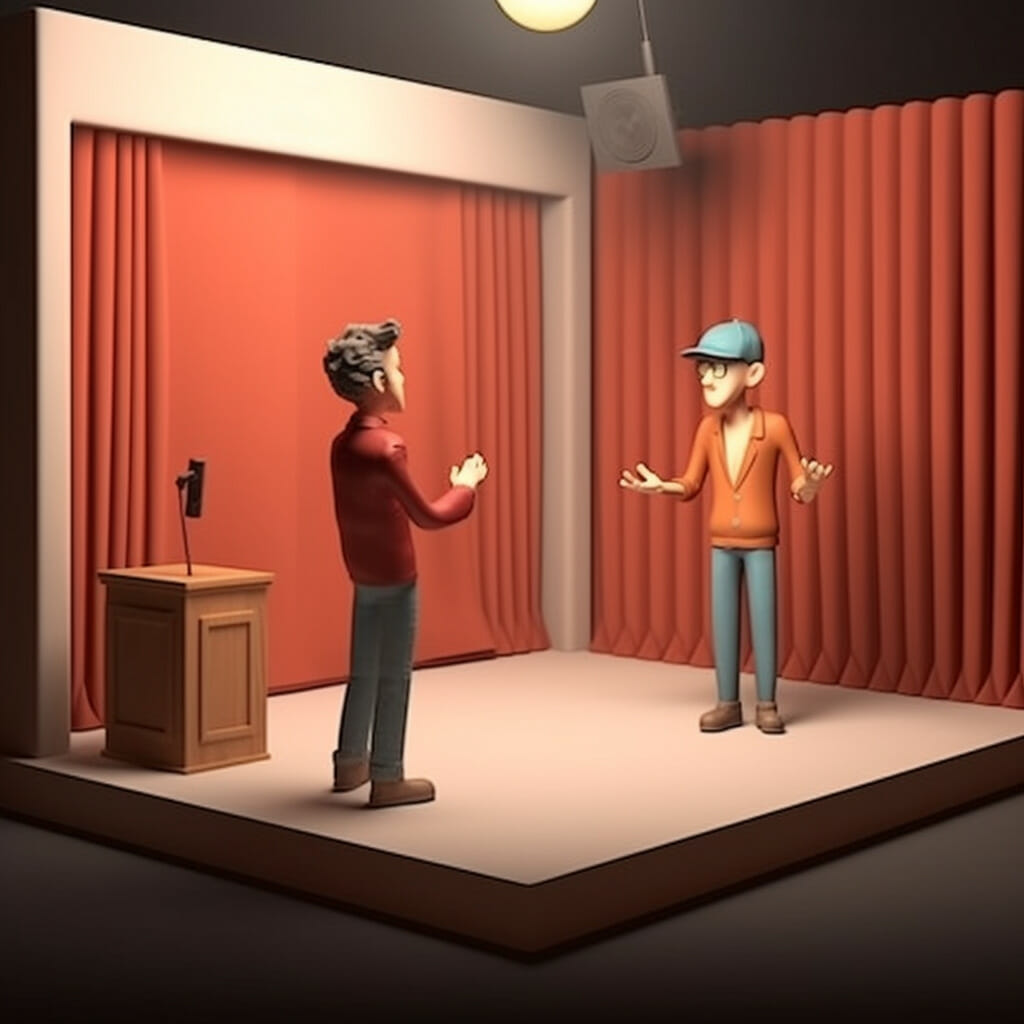If you can’t regulate your emotions, your kid will struggle to regulate their own.
You ask your kid to do something. They say something rude or snippy in return. You feel the need to correct this behavior, so you shout back at them for being rude, they shout back at you, and you’re back in the cycle again. Sound familiar? This extremely common and frustrating scenario can be minimized.
In tug-of-war, the only way to avoid struggle is to drop the rope!
Remember: you are the role model in this situation, and it’s your job to maintain control of yourself and your emotions to keep things from going ka-boom. This fight often ends with a parent who feels guilty for losing their cool and a bitter, angry kid who doesn’t do what they were asked to do.
Remember: Your words may sound harsher to them than they do to you. They may be simply responding in a similar fashion. Additionally, they may not think they sound rude. Different people have different standards and ways of understanding tones in conversation.
Remember: Your kid may just be having a bad day. Instead of punishing them, make an effort to understand why they are reacting negatively.
Instead, follow these positive parenting steps:
- Anticipate the negative behavior. Don’t be surprised when a pattern repeats itself! A common mistake is hoping that the behavior will be left in the past because the child matured or learned that a behavior is inappropriate – then getting very shocked and offended when the pattern continues. It’s easier to keep your cool when you expect the thing to happen already, so prepare yourself.
- Understand that “talking back” has paid off for your kid in the past, and they are repeating what they know will have an impact on adults. Also, they have most likely forgotten the consequences of their past retorts and are speaking on pure emotion.
- When you’re both mellow, explain to your child that when you get mad, sometimes you yell, and when they’re mad, sometimes they yell too. Talk about how you will try to stay calmer and if you can work together so everyone can feel happier.
- Respond very positively to times when your kid either listens to directions or says what they feel in a calm way. Help them understand that using the right voice and words helps their situation. From an early age, kids depend on their parents to see
- When backtalk occurs, keep your face neutral, lower your voice and volume, and take a deep breath. Do not show any negative emotions or frustration. (Walk away, go to the restroom, or get a drink of water if you can’t control it, then come back with your game face on.) The child may see your reaction as cruel since they believe they are the only ones getting worked up while you are a stoic robot, but it is almost always better than yelling at them.
- Give them another chance to communicate. Say, “mm, try again, but calmer this time.” Depending on the child, this can sound condescending. You can try a more humorous approach as well. If your child has limited language, you can give them better words to say, like “Can I do it later?” or “I need help starting”. It may take a few tries – stay cool. If you know they can do it without help, hold them to it. If they need help, assist – not by doing it for them but by helping them do it themselves.
- When things blow up, give everyone, including yourself, time and space to calm down before addressing the behavior. Remind your kid that you love them and that everyone makes mistakes and says things they don’t mean. If you are in the wrong, acknowledge your actions as well. Don’t go to bed angry.





Leave a Reply